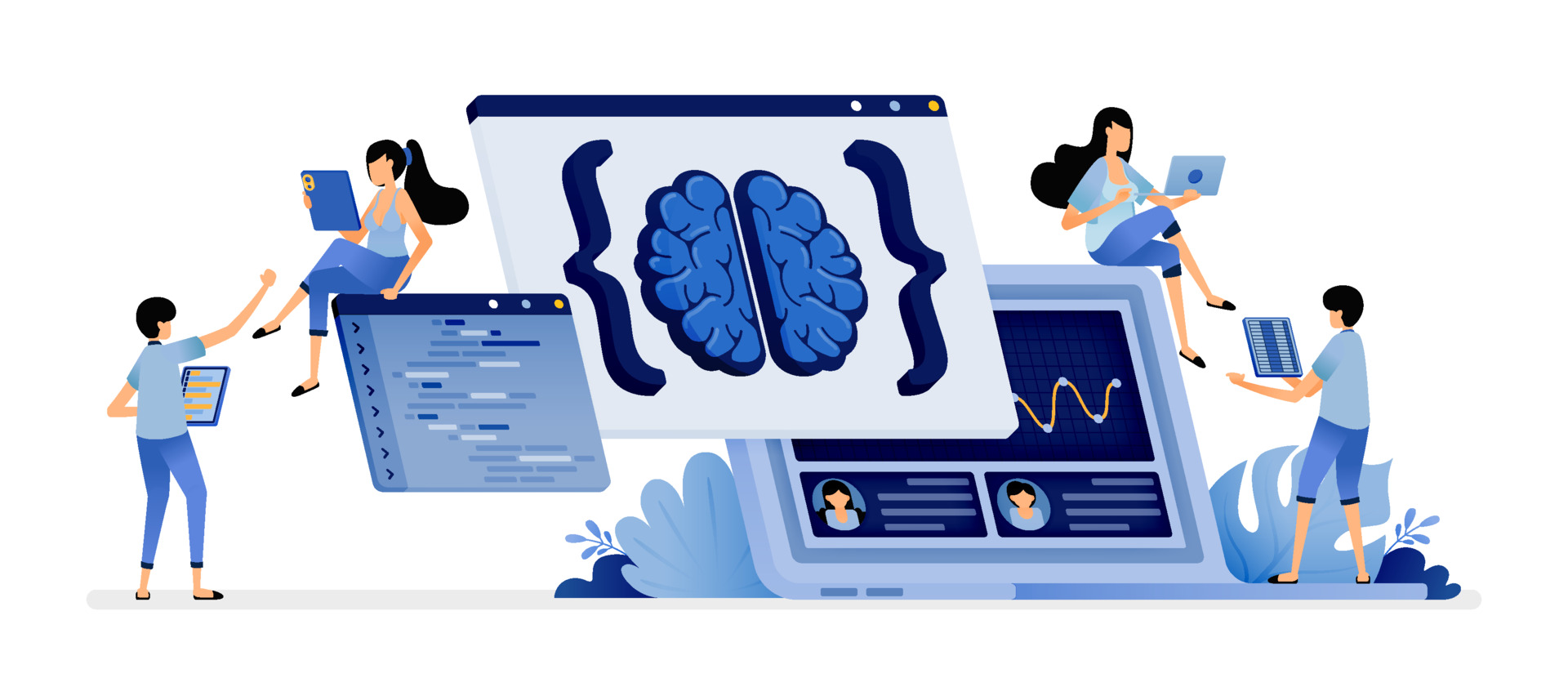Today’s rapidly evolving business and technology landscapes demand that companies prioritize customer service; it’s as simple as that. As businesses (and customers) increasingly turn to digital platforms and online forms of communication, the need for prompt and effective customer support has become more critical than ever. Customers expect speed and simplicity in all transactions, from shipping times to answers to queries to return/exchange efficiency. This is where AI chatbots have started to shine. In this article, we will explore how customer service-trained chatbots continue redefining the customer experience and drive growth for businesses across the globe.
Section 1: The Rise of AI Chatbots in Customer Service
The digital transformation of businesses and the significant shift towards online interactions we’ve experienced over the last decade and a half have accelerated the adoption of AI chatbots throughout industries. The ability to provide 24/7 support and resolve customer questions and issues quickly and accurately without a human has solidified chatbots as an indispensable tool for enhancing the customer experience, and the public has well received them. We will discuss how AI chatbots have gained prominence, particularly since the onset of the pandemic and, even more recently, the rise of ChatGPT and its competitors and their role in meeting customers’ evolving needs.
Section 2: Understanding the Benefits of Customer Service Chatbots
In this section, we will delve into the significant benefits that customer service chatbots offer to businesses. Let’s outline six key advantages:
1. Instant Resolutions: AI chatbots leverage knowledge bases and FAQs to provide prompt answers, ensuring customers receive immediate assistance.
2. 24/7 Customer Support: Chatbots enable businesses to offer round-the-clock support, enhancing accessibility and overall customer satisfaction. This can also help reduce costs in the form of fewer human operators.
3. Continuous Learning: By utilizing AI and machine learning, chatbots can improve the quality of their responses over time, becoming more efficient, accurate, and relevant to your specific business.
4. Tailored Answers: Chatbots can be taught to provide personalized responses based on customer characteristics and preferences to give an even more personal touch.
5. Enhanced Customer Context: With chatbot interactions logged in the system, businesses gain valuable insights into each customer’s journey, enabling better support and personalized assistance.
6. Consistent User Experience: Chatbots contribute to a seamless and on-brand customer experience through consistent brand messaging and accurate responses.
Section 3: Considerations for Implementing Customer Service Chatbots
While the benefits of chatbots are evident, it is essential to approach their implementation strategically and with clear objectives in mind. We will provide insights into factors to consider when integrating chatbots into customer service operations, including:
1. Finding the Right Fit: Assessing the unique needs and characteristics of the business to determine the most suitable chatbot solution.
2. Balancing Automation and Human Interaction: Understanding the role of chatbots as augmenting, not replacing, human agents and defining the boundaries between their responsibilities.
3. Continuous Monitoring and Improvement: Regularly evaluating chatbot performance, analyzing customer feedback, and refining responses to ensure optimal effectiveness.
4. Maintaining a Human Touch: Recognizing situations that require human intervention, such as complex queries or instances where empathy and understanding are crucial.
Section 4: Challenges and Considerations when implementing customer service chatbots
While customer service chatbots offer numerous benefits, it’s essential to consider some potential challenges during the implementation process. Here are a few points to keep in mind:
1. Training and customization: Developing an effective chatbot requires sufficient training and customization. AI chatbots must understand your industry, business, and customer needs. Invest time in training and fine-tuning your chatbot to ensure accurate and contextually relevant responses.
2. Integration with existing systems: Seamless integration with your existing customer support systems, knowledge bases, and databases is crucial. Ensuring the chatbot can access the necessary information to provide accurate and up-to-date responses to customer queries is incredibly important.
3. Managing complex or sensitive queries: While chatbots excel at handling straightforward and repetitive questions, they may need help with complex or sensitive inquiries that require nuanced human understanding. Defining clear escalation protocols for transferring conversations to human agents is essential when necessary.
4. Maintaining a human touch: Even with advanced AI capabilities, infusing a human touch into customer interactions is essential. Customers often appreciate empathy, understanding, and personalized support. Strike the right balance between automation and human intervention to deliver an exceptional customer experience.
5. Continuous monitoring and improvement: Implementing chatbots is an ongoing process. Regularly monitor and analyze your chatbot’s performance, gather customer feedback, and make necessary improvements to enhance its accuracy, efficiency, and user satisfaction.
Customer service chatbots powered by AI technology are simply revolutionizing the customer experience, and it is getting started. By providing instant support, continuous learning, and tailored responses, chatbots contribute to improved customer satisfaction, operational efficiency, and brand loyalty. Businesses across North and South America increasingly embrace chatbots as a core customer service strategy. The insights shared in this article aim to guide companies in understanding the benefits and considerations of implementing customer service chatbots successfully.
By adopting AI chatbots, businesses can unlock new growth opportunities, build stronger customer relationships, and elevate their overall customer service experience. With the right approach and a customer-centric mindset, companies can harness the power of chatbots to stay ahead in today’s competitive market and deliver exceptional customer support at every touchpoint.















